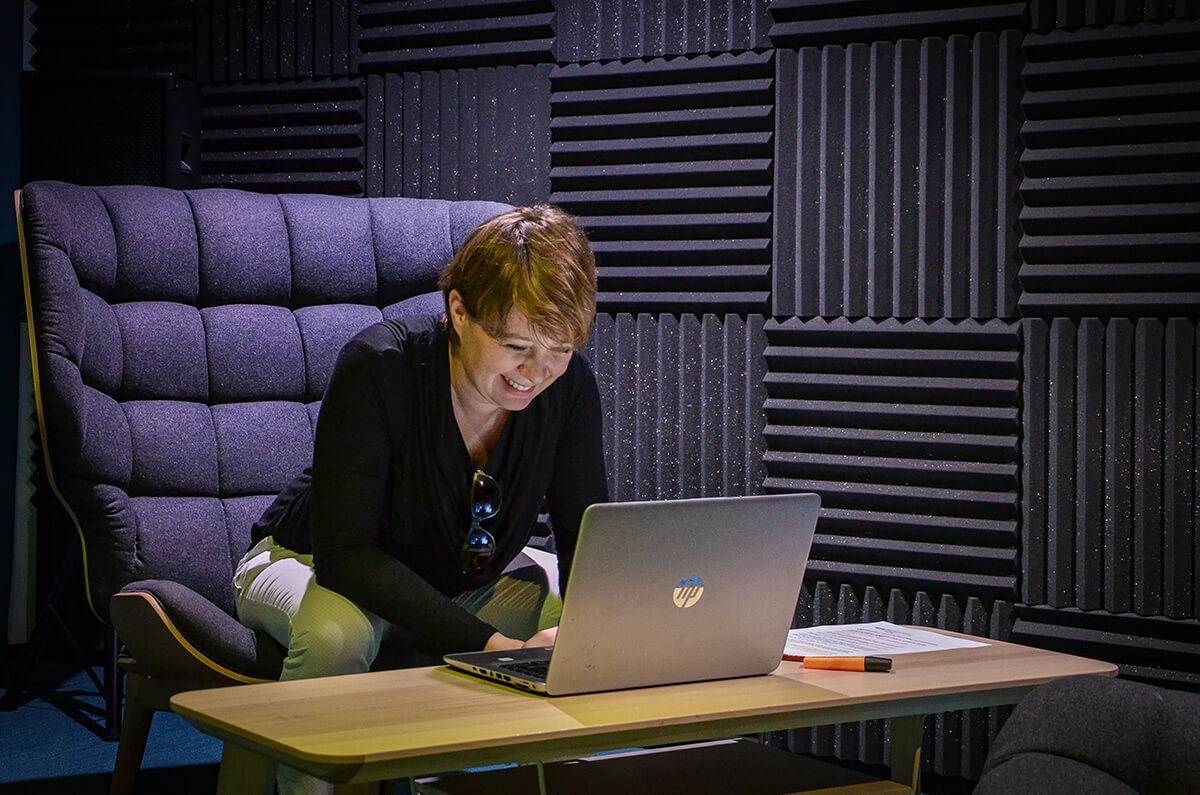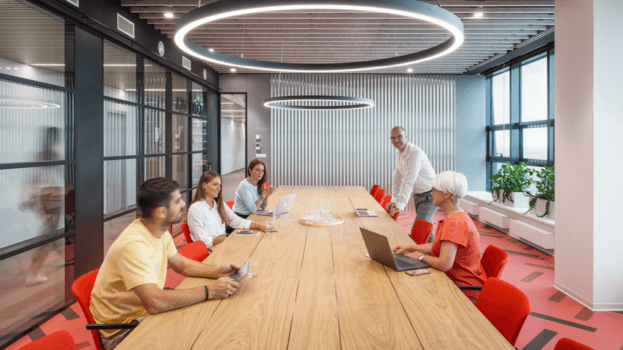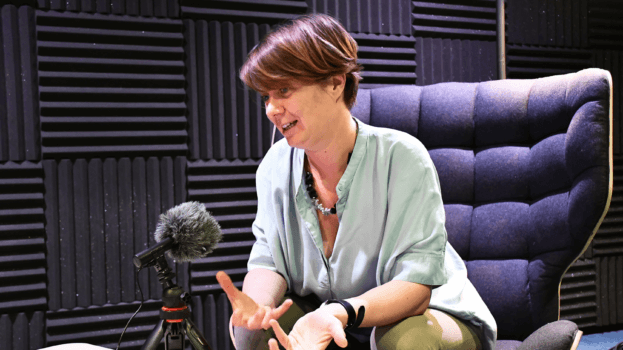Introduction to Future of Work Trends
As technology continues to advance and the COVID-19 pandemic prompts a shift towards remote work, the future of work is undergoing significant changes. One of the most notable trends is the rise of hybrid work, which combines elements of both in-office and remote work.
The rise of a Hybrid Work
So what exactly is hybrid work and how is it different from traditional models of work? Hybrid work refers to a flexible work arrangement where employees have the option to work both in the office and remotely, depending on their needs and preferences. This model allows employees to have greater control over their work environment and schedule and can lead to increased productivity and job satisfaction.
Benefits of a Hybrid Work
One of the main drivers behind the rise of hybrid work is the increased use of technology, which has made it easier for employees to communicate and collaborate remotely. With tools like video conferencing and project management software, employees can stay connected and work effectively from anywhere.
Challenges and Solutions for Implementing Hybrid Work
Another factor contributing to the trend toward hybrid work is the actual change of attitudes of employees and employers toward remote work. Many employees have found that they prefer the flexibility and autonomy of working from home, and are eager to continue doing so even after the pandemic ends. Employers, on the other hand, are starting to realize the benefits of remote work, including cost savings and access to a wider pool of talent.
Best Practices for Successfully Managing a Hybrid Team
The shift towards hybrid work also has implications for office design and the role of the physical workplace. While some companies may choose to reduce their office footprint, others are taking a more innovative approach and designing their offices to better accommodate hybrid work. This may involve creating flexible workspaces that can be easily reconfigured for different types of work or incorporating technology and amenities that support remote work.
“When robots replace our work, innovative and creative jobs are one of the main things where we humans can still add value.”

Iva Kleinova, the former Head of Research at HB Reavis had a hybrid discussion about Future of work trends
Future Predictions and Considerations for Hybrid Work
One of the main challenges of hybrid work is ensuring that all employees, regardless of their location, have access to the resources and support they need to be productive. This may involve providing training and support for remote work, as well as ensuring that employees have the right tools and technology to stay connected.
Another challenge is maintaining a sense of community and connection within the team, especially if employees are working from different locations. Companies may need to invest in additional communication and collaboration tools to help employees stay connected and engaged.
Conclusions: Future of Work Trends is Hybrid
Overall, the trend toward hybrid work is here to stay, and it’s up to companies to embrace it and find ways to make it work for their teams. By offering flexible work arrangements and investing in technology and support, companies can create a hybrid work environment that is both productive and satisfying for their employees.
At Origameo, we use our technical expertise and years of experience to design offices that fuel productivity, enhance company culture and help employers reach their goals. We redevelop offices as often as we design completely new workspaces. But in every case, we adapt everything to their people’s needs – and that usually means embracing hybrid working.
About the authors
Iva Kleinova was the Head of Research at HB Reavis and the creator of the series content. Nick Oakley is an Asset Manager at HB Reavis UK and the moderator of this series. Jana Straková is the Product Marketing Manager at Origameo by HB Reavis, and Eva Vavrakova is Workspace Strategy Lead at Origameo. Both of them supported and supervised the whole podcast creation process. Christopher Svitok is an intern at HB Reavis, and Callum Fraser is an intern at HB Reavis UK. Both of them contributed to the production and post-production of this series.


